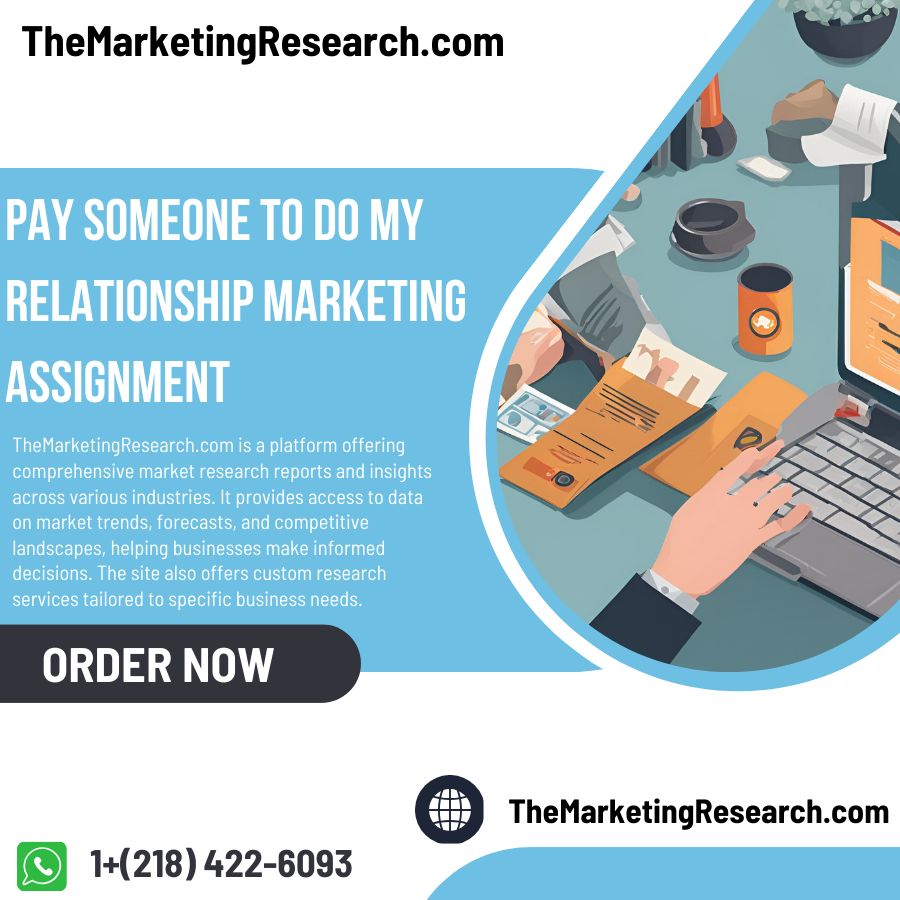Relationship Marketing (RM) is an approach to marketing that emphasizes building long-term relationships with customers. This may involve programs like loyalty schemes, customer satisfaction surveys and creating products they want. Furthermore, Relationship Marketing may include encouraging word-of-mouth advertising or encouraging positive online reviews as part of this strategy.
Relationship marketing can help brands that experience an excessively high rate of customer churn, as it helps engage and retain existing customers, thus decreasing advertising costs while improving retention rates. Furthermore, this type of promotion has proven particularly successful for service businesses such as airlines and restaurants.
Relationship marketing encompasses loyalty programs, special offers and social media campaigns. HBO used a Snapchat geofilter to promote the season 5 premiere of Game of Thrones which allowed them to forge strong bonds with fans while encouraging UGC creation related to this series.
Relationship marketing is a type of customer loyalty program designed to encourage brand loyalists to purchase more often and meet any unmet customer needs or offer additional features or services to them. By doing this, businesses can assess unmet Customer Requirements and offer additional features or services based on those needs, thus increasing customer satisfaction, loyalty and referral business. It may take the form of simple rewards programs such as Starbucks’ or Red Robin’s, or complex schemes like American Airlines’ frequent flyer program.
Relationship marketing can provide more sales for companies than traditional forms of promotion, but many firms struggle to transition. Many brands don’t fully comprehend their target audience or how to connect with them on an emotional level; listening and helping solve customer’s issues authentically are key parts of successful relationship marketing campaigns.
Relationship marketing involves cultivating emotional bonds with your customers by offering gifts such as birthday and seasonal greetings or offering freebies, to build loyalty and lifetime customer value. Furthermore, relationship marketing fosters word-of-mouth advertising – one of the most powerful forms of promotion available to you.
Relationship marketing can help brands prevent customer churn, which occurs when customers stop making purchases altogether and never come back. With relationship marketing in place, companies can keep existing customers by Improving Service, designing products that people desire and conducting regular customer satisfaction surveys.
Relationship marketing goes beyond customer retention to also cultivate positive relationships with suppliers and employees – creating long-term revenue sources for a company. EssayCorp has long been known for providing top-quality relationship marketing assignment help solutions for students from the US, UK, and Australia; providing plagiarised-free assignments delivered on time at high quality levels.
Relationship marketing is an Effective Strategy that helps businesses secure customer retention and increase lifetime value. While it may not capture every low-hanging fruit, relationship marketing ensures customers remain. Furthermore, relationship marketing enables businesses to recognize opportunities they might otherwise miss; for instance, an email invitation could reveal new products or services they could offer that result in significant revenue gains.




